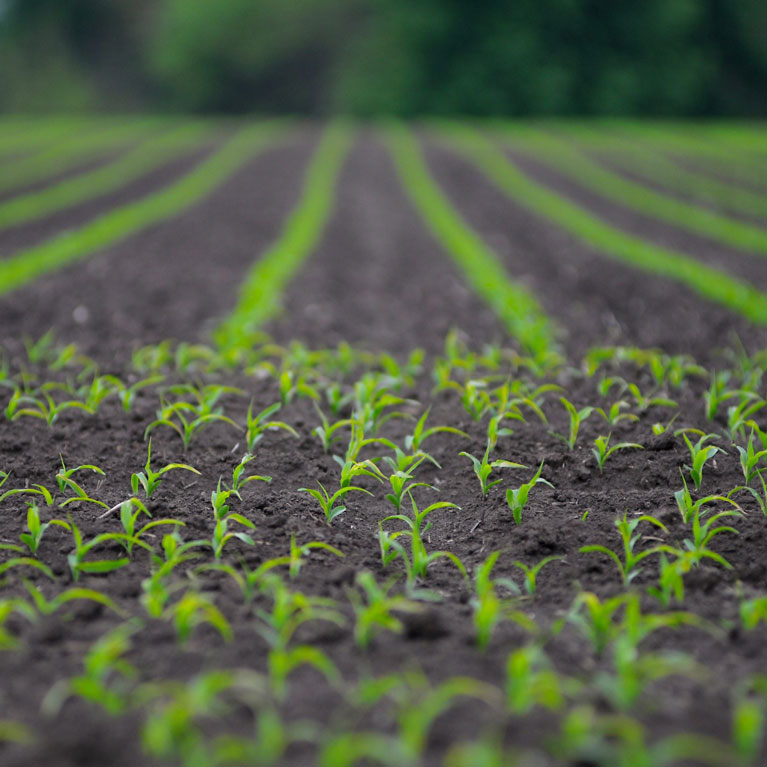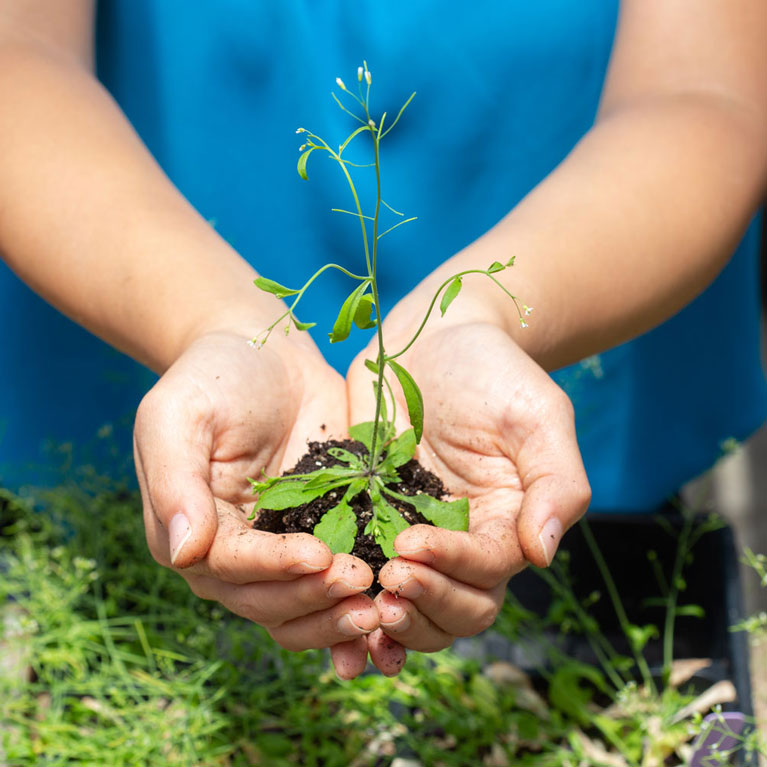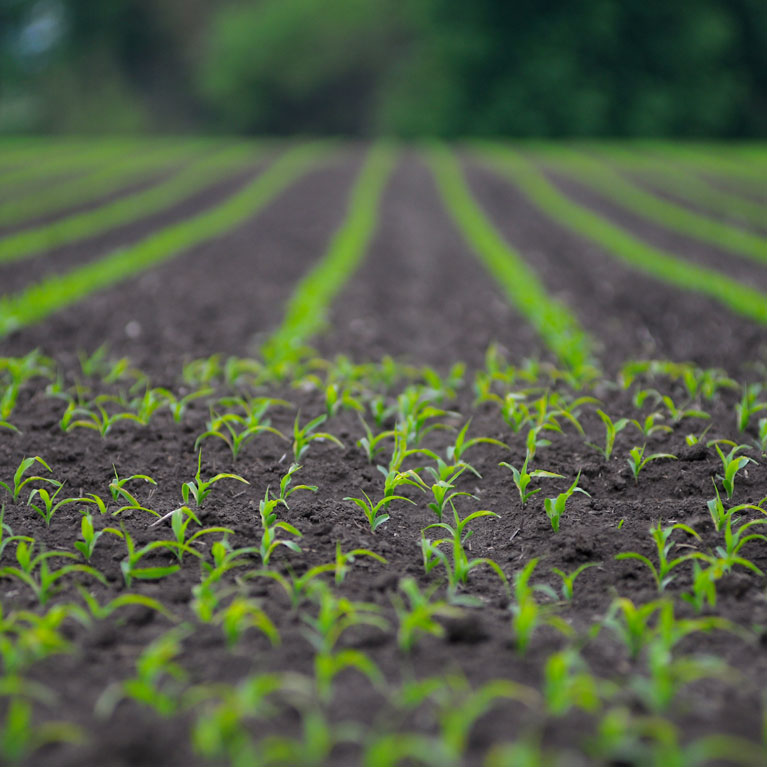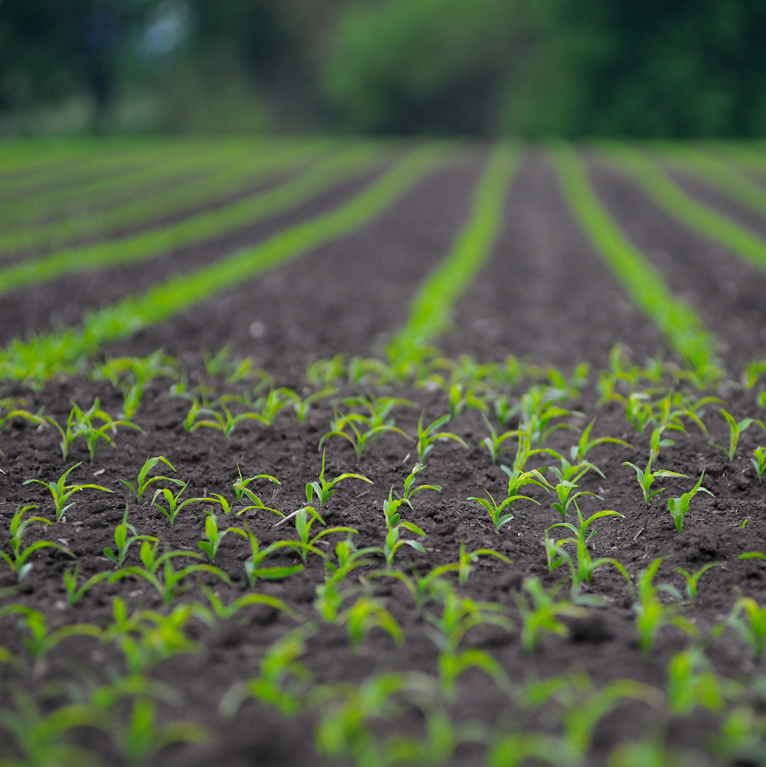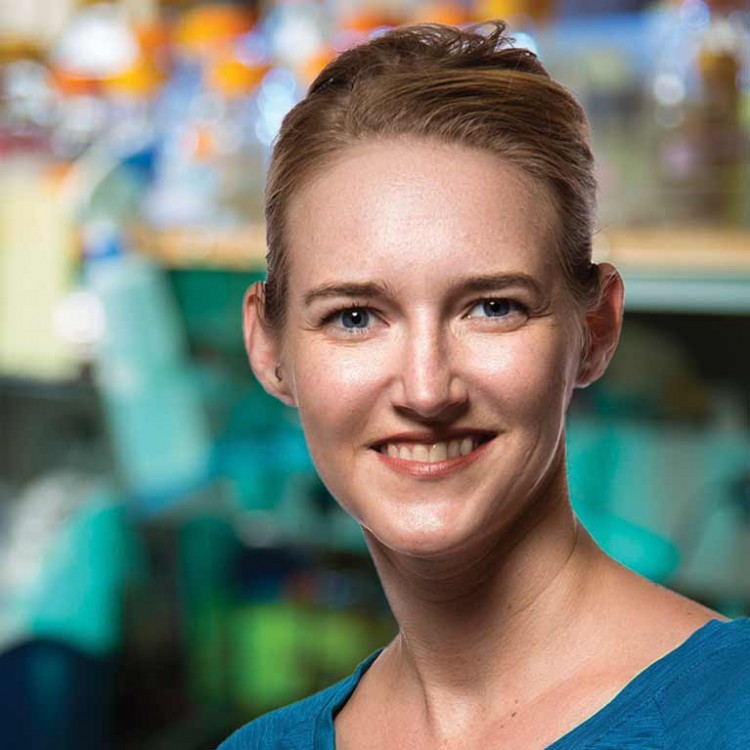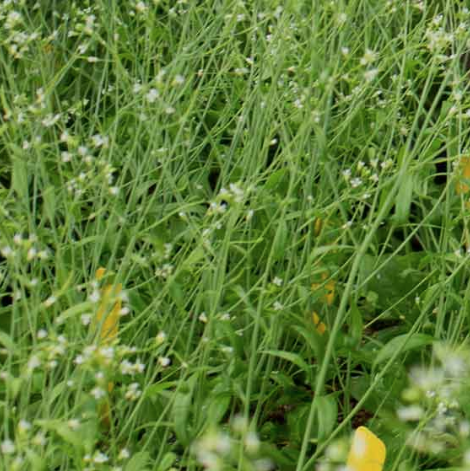Salk Press Releases
Salk Institute receives $50 million from Hess Corporation to mitigate climate change through plant science
LA JOLLA—Hess Corporation is donating $50 million to the Salk Institute’s Campaign for Discovery: The Power of Science, a seven-year, $750 million comprehensive fundraising campaign to attract the people and build the technology and space necessary to accelerate critical research. This gift will specifically advance Salk’s Harnessing Plants Initiative—an effort to mitigate climate change by optimizing plants and supporting wetlands to increase capture of excess atmospheric carbon—and provide vital infrastructure for this work by establishing the new Hess Center for Plant Science.
Plants rely on the CLASSY gene family to diversify their epigenomes
LA JOLLA—What determines how a cell’s genome is regulated to ensure proper growth and development? Turns out, the parts of the genome that are turned on or off in each cell-type or tissue play a major role in this process. Now, a team at Salk has shown that the CLASSY gene family regulates which parts of the genome are turned off in a tissue-specific manner. The CLASSYs essentially control where the genome is marked by DNA methylation—the addition of methyl chemical groups to the DNA that act like tags saying, “turn off.” Because DNA methylation exists across diverse organisms, including plants and animals, this research has broad implications for both agriculture and medicine. The work, published in Nature Communications on January 11, 2022, identifies the CLSY genes as major factors underlying epigenetic diversity in plant tissues.
Salk Institute and Sempra Energy announce project to advance plant-based carbon capture and storage research
SAN DIEGO and LA JOLLA—The Salk Institute and Sempra Energy (NYSE: SRE) today announced a new project to advance plant-based carbon capture and sequestration research, education and implementation to help address the climate crisis. Sempra Energy is donating $2 million to the Salk Institute to help fund the five-year project.
The Salk Institute to receive $12.5 million gift from Hess Corporation to accelerate development of plant-based carbon capture and storage
LA JOLLA—Salk’s Harnessing Plants Initiative (HPI) will receive a $12.5 million gift from Hess Corporation (NYSE: HES) to advance two projects to enhance plants’ natural ability to store carbon and mitigate the effects of climate change: the CRoPS (CO2 Removal on a Planetary Scale) program and the Coastal Plant Restoration (CPR) program. These projects build on the Salk discovery of a crucial gene that will help the team develop plants with larger root systems capable of absorbing and storing potentially billions of tons of carbon per year from the atmosphere.
Salk Institute initiative to receive more than $35 million to fight climate change
LA JOLLA—The Salk Institute’s Harnessing Plants Initiative to combat climate change using plants, led by Professor Joanne Chory, executive director of the Harnessing Plants Initiative, will receive funding of more than $35 million from over 10 individuals and organizations through The Audacious Project, a highly competitive program housed at TED, the nonprofit devoted to ideas worth spreading. The collective commitments represent one of the largest gifts to a single project in the Institute’s history.
Salk promotes Nicola Allen and Julie Law to associate professor
LA JOLLA—The Salk Institute has promoted Nicola Allen and Julie Law to the rank of associate professor for their notable contributions to neurobiology and plant biology, respectively. The promotions were based on recommendations by Salk faculty and nonresident fellows, and approved by President Rusty Gage and the Institute’s Board of Trustees.
To repair DNA damage, plants need good contractors
LA JOLLA—When a building is damaged, a general contractor often oversees various subcontractors—framers, electricians, plumbers and drywall hangers—to ensure repairs are done in the correct order and on time.
Understanding how DNA is selectively tagged with “do not use” marks
LA JOLLA—Not all of your genome needs to be active at any given time. Some regions are prone to hopping around the genome in problematic ways if left unchecked; others code for genes that need to be turned off in certain cells or at certain times. One way that cells keep these genetic elements under control is with the chemical equivalent of a “do not use” sign. This chemical signal, called DNA methylation, is known to vary in different cell types or at different stages of cellular development, but the details of how cells regulate exactly where to put DNA methylation marks have remained unclear.
Salk plant biologist Julie Law named Rita Allen Foundation Scholar
LA JOLLA—Salk Institute plant biologist Julie Law has been named a Rita Allen Foundation Scholar, a distinction given to biomedical scientists whose research holds exceptional promise for advancing the frontiers of knowledge about how biological systems function in health and disease.
Media Coverage
August 21, 2019 – Salvation in the Air – The Economist
April 22, 2019 – Salk Receives $35M in Grants – ABC 10 News
April 17, 2019 – Salk Scientists Plan To Combat Climate Change With Plants – KPBS
January 30, 2019 – Could a superplant save the planet? – Financial Times
January 18, 2018 – Women of the Future – Newsweek
